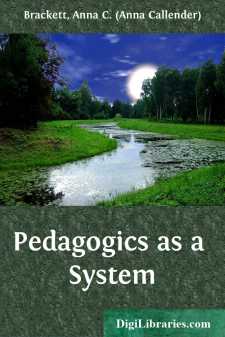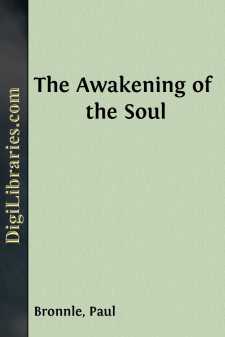Categories
- Antiques & Collectibles 13
- Architecture 36
- Art 48
- Bibles 22
- Biography & Autobiography 813
- Body, Mind & Spirit 142
- Business & Economics 28
- Children's Books 17
- Children's Fiction 14
- Computers 4
- Cooking 94
- Crafts & Hobbies 4
- Drama 346
- Education 46
- Family & Relationships 57
- Fiction 11829
- Games 19
- Gardening 17
- Health & Fitness 34
- History 1377
- House & Home 1
- Humor 147
- Juvenile Fiction 1873
- Juvenile Nonfiction 202
- Language Arts & Disciplines 88
- Law 16
- Literary Collections 686
- Literary Criticism 179
- Mathematics 13
- Medical 41
- Music 40
- Nature 179
- Non-Classifiable 1768
- Performing Arts 7
- Periodicals 1453
- Philosophy 64
- Photography 2
- Poetry 896
- Political Science 203
- Psychology 42
- Reference 154
- Religion 513
- Science 126
- Self-Help 84
- Social Science 81
- Sports & Recreation 34
- Study Aids 3
- Technology & Engineering 59
- Transportation 23
- Travel 463
- True Crime 29
Sort by:
by:
Irwin Edman
Page iii FOREWORD This book was written, originally and primarily, for use in a course entitled "Introduction to Contemporary Civilization," required of all Freshmen in Columbia College. It is an attempt to give a bird's-eye view of the processes of human nature, from man's simple inborn impulses and needs to the most complete fulfillment of these in the deliberate activities of...
more...
No description available
TWELVE CAUSES OF DISHONESTY Only extraordinary circumstances can give the appearance of dishonesty to an honest man. Usually, not to seem honest, is not to be so. The quality must not be doubtful like twilight, lingering between night and day and taking hues from both; it must be day-light, clear, and effulgent. This is the doctrine of the Bible: Providing for honest things, not only in the sight of...
more...
INTRODUCTION. § 1. The science of Pedagogics cannot be derived from a simple principle with such exactness as Logic and Ethics. It is rather a mixed science which has its presuppositions in many others. In this respect it resembles Medicine, with which it has this also in common, that it must make a distinction between a sound and an unhealthy system of education, and must devise means to prevent or...
more...
by:
E. G. Thomssen
CHAPTER I Raw Materials Used in Soap Making. Soap is ordinarily thought of as the common cleansing agent well known to everyone. In a general and strictly chemical sense this term is applied to the salts of the non-volatile fatty acids. These salts are not only those formed by the alkali metals, sodium and potassium, but also those formed by the heavy metals and alkaline earths. Thus we have the...
more...
f thou wilt harken vnto me, or rather to Chrisippus, the sharpeste witted of Philosophers, y shalte prouide y thyne infante and yonge babe be forthewyth instructed in good learnyng, whylest hys wyt is yet voyde from tares and vices, whilest his age is tender and tractable, and his mind flexible and ready to folowe euery thyng, and also wyl kepe fast good lessons and preceptes. For we remẽber...
more...
[1] INTRODUCTION. The art of _Simpling _is as old with us as our British hills. It aims at curing common ailments with simple remedies culled from the soil, or got from home resources near at hand. Since the days of the Anglo-Saxons such remedies have been chiefly herbal; insomuch that the word "drug" came originally from their verb drigan, to dry, as applied to medicinal plants. These...
more...
In the Messianic prophecies contained in Genesis we cannot fail to perceive a remarkable progress in clearness and definiteness. The first Messianic prediction, which was uttered immediately after the fall of Adam, is also the most indefinite. Opposed to the awful threatening there stands the consolatory promise, that the dominion of sin, and of the evil arising from sin, shall not last for ever, but...
more...
by:
Paul Bronnle
INTRODUCTION It is to two English scholars, father and son, Edward Pococke, senior and junior, that the world is indebted for the knowledge of one of the most charming productions Arabian philosophy can boast of. Generally looked upon as a subject of repulsive aridity, in its strange combination of the most heterogeneous philosophical systems, devoid of the grace and charm of attractive style,...
more...
SEX UNIVERSAL AND ETERNAL The fundamental basis of the universe is Sex. Sex is the fulcrum upon which our life-activities turn. It is the life of Man and of planets, and ignorance of the laws of Sex is the cause of death of both. It is the conjunction of the forces of attraction and repulsion; the positive and negative; the centripetal and centrifugal forces which hold stars and planets in their...
more...











